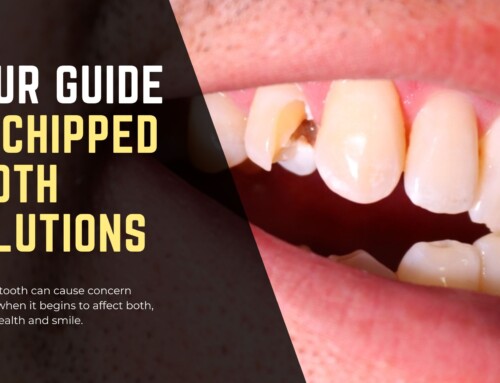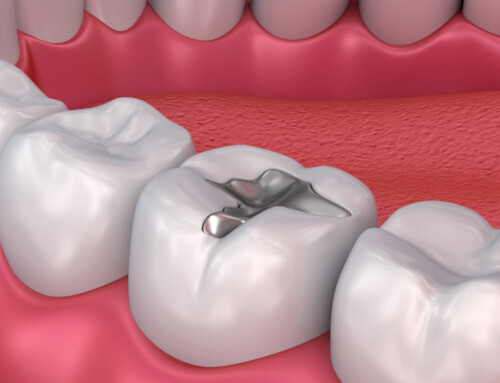
Sensitive teeth is a very common dental issue experienced by both adults and children alike. The Academy of General Dentistry estimates that roughly one in every eight persons in America is affected by this condition. The painful sensation is usually a sign of a serious underlying dental condition. It would be wise to see a dentist as soon as sensitive teeth are detected.
The chief culprits are acidic foods, tooth decay, and gum disease. Along with medical treatments, there are some home remedies for sensitive teeth. Consult your physician before using any of these methods.
Saltwater Rinse
Salt is a natural antiseptic that eliminates bacteria from the mouth, ease discomfort, and boost oral hygiene. A saltwater rinse solution is probably the most easily accessible home remedy that can be used to relieve tooth sensitivity. Swish a mixture of salt (about half to three-quarters of a teaspoon) and warm water in your mouth. Do this for about 30 seconds at least twice a day, spitting out the water each time.
Turmeric
Curcumin, the active ingredient in the root of the turmeric plant, contains anti-inflammatory properties. It can help to relieve almost any discomfort including tooth sensitivity. Curcumin is equally effective like ibuprofen for controlling pain. You can apply turmeric powder directly to your teeth. Otherwise, rub a paste of turmeric, salt, and mustard oil or water on your gums to relieve pain.
Capsaicin
The naturally occurring compound Capsaicin in peppers makes them spicy but also allows them to be used to relieve pain. Capsaicin has analgesic properties that relieve pain and control inflammation. Capsaicin reduces pain by inhibiting the ability of nerves to carry pain signals and creates a numbing effect. However, the process is not 100% effective all of the time. You can use a chili paste on the gum to administer the Capsaicin effect. At first, it may give a burning sensation however; you will feel the relief afterward.
Garlic
Garlic is a very popular ingredient in recipes and folk medicine. It has multiple medicinal qualities to fight various health issues and sensitive teeth are one of them. All you need is a few cloves of garlic. Chew the cloves to release a compound known as Salicylic Acid or Alicen. This compound is helpful for getting rid of harmful bacteria, including Streptococcus mutants. Tooth decay can result from an accumulation of those bacteria around your teeth and gums. This bacteria damage the coating that leads to sensitivity.
Desensitizing toothpaste
Desensitizing toothpaste can help to strengthen dentin and prevent sensitive teeth. Potassium, oxalates, and metal ions in the desensitizing toothpaste make the dentin less permeable, thereby protecting nerve endings from irritants and reducing tooth sensitivity.
Brushing with such special toothpaste should help to alleviate pain. It could help more when you use it with a soft brush and a fluoride preparation. Potassium nitrate, the most popular agent, keeps pain signals from getting to the brain from nerves in teeth.
In addition to the foregoing, other sensitive teeth home remedies include
- Guava leaves
- Green tea
- Hydrogen peroxide
- Honey
- Oil pulling
In spite of your tooth sensitivity, you should endeavor not to fail in maintaining good oral hygiene. Additionally, reduce your consumption of sugary or acidic foods and drinks.
Most importantly, take note that home remedies will only provide pain relief. You still need to see a dentist to address the causative factor.





